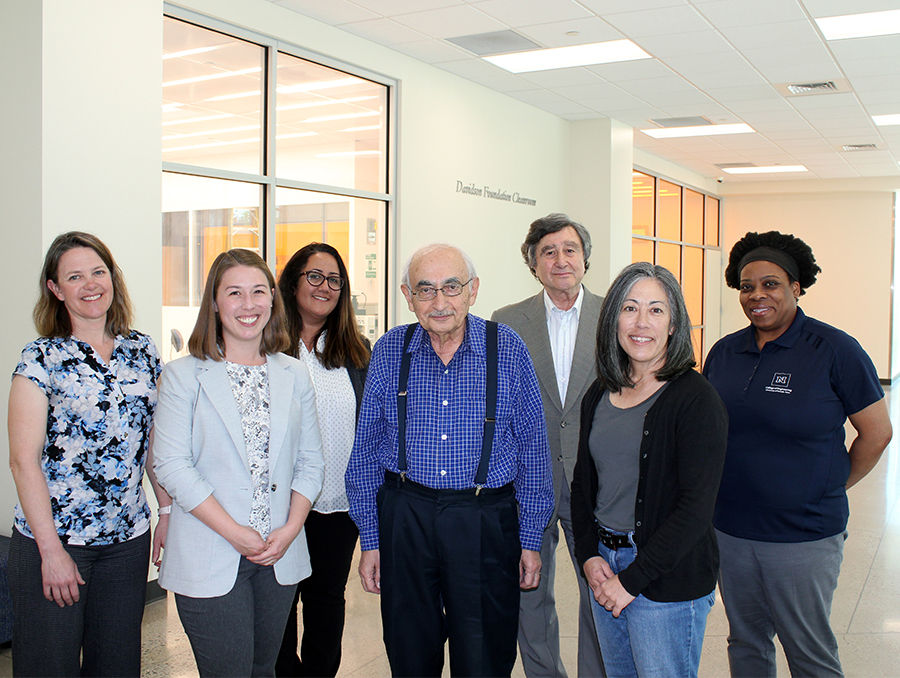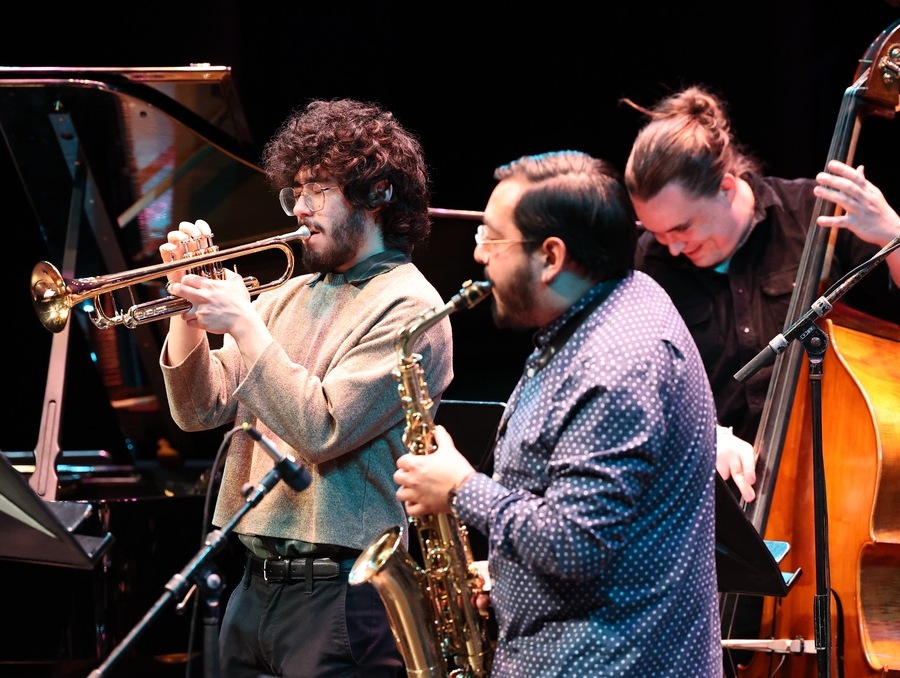University students will have the opportunity to discuss a proposal to increase their tuition and fees today and tomorrow in meetings at the Joe Crowley Student Union. The Graduate Student Association will host a student hearing at 7 p.m. Dec. 4 in the union's Rita Laden Senate Chambers, on the third floor. The Associated Students of the University of Nevada, the undergraduate student government, will have guest speaker Jane Nichols, Nevada System of Higher Education vice chancellor for academic and student affairs, address attendees in a second student hearing, 5:30 p.m. Dec. 5 in the Laden Senate Chambers.
The recommendations for potential tuition increases are for the 2009-10 and 2010-11 academic years, and the proposed fee schedule is not final until it is approved by the Board of Regents.
The system's Tuition and Fees Committee recommended a five percent increase in 2009-10 for undergraduate students, amounting to $136 per credit, from its approved registration fees and tuition for the 2008-09 academic year ($129.50 per credit). The committee's recommendation for a five percent increase for 2010-11, amounting to $142.75 per credit, will also be presented to the board.
Under the new proposal, the cost in registration fees for a full-time undergraduate student to attend the University (30 credits during the two-semester academic year) is $4,080 in 2009-10 and $4,283 in 2010-11.
The committee recommended a 10 percent increase in 2009-10 for graduate students (increasing from $198 per credit for 2008-09 to $217.75). The recommended tuition for 2010-11 was also increased 10 percent to $239.50 per credit.
According to the committee's recommendation, the proposed tuition for undergraduate nonresident students in 2009-10 is the prescribed registration fee ($4,080 for 30 credits) plus $12,340 tuition, an 11 percent increase from the $11,095 tuition fee for 2008-09. In 2010-11, proposed tuition fees would rise to $13,290, a yearly increase of 7.69 percent.
The Tuition and Fees Committee also recommended the system-wide adoption of a 12- to 18-credit tuition bracket, encouraging undergraduate students to enroll for additional credits beyond the current 12-credit student average. Students would pay the 15-credit cost of registration per semester if their course load fell anywhere within the bracket, getting a three-credit discount if they enrolled for 18 credits. The proposal's intent is to encourage students to complete their higher education coursework within four years.
University President Milt Glick said his plan is that any tuition increases will be countered by more scholarship opportunities for students.
"When we increased tuition by 40 percent at Arizona State (Glick served as provost at the university from 1991 to 2006), we attracted double the number of low-income students," he said. Glick added that increased revenue from tuition helped create more scholarship opportunities for students with financial difficulties. "There was actually more benefit for our low-income students (due to the tuition increase)," he said.
The Regents will receive the committee's proposal at the board's February 2008 meeting, and they expect to vote on the recommendations in April 2008.
The board sets registration fees every two years in preparation for the higher education system's biennial budget. Recent tuition adjustments have been at the median of the state average for registration fees for Western Interstate Commission on Education (WICHE) institutions. The commission is a 15-state organization including public universities in Nevada, California, Oregon, Washington and other states west of the Rockies.
NevadaToday











